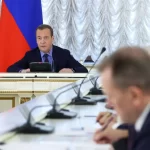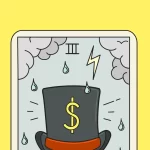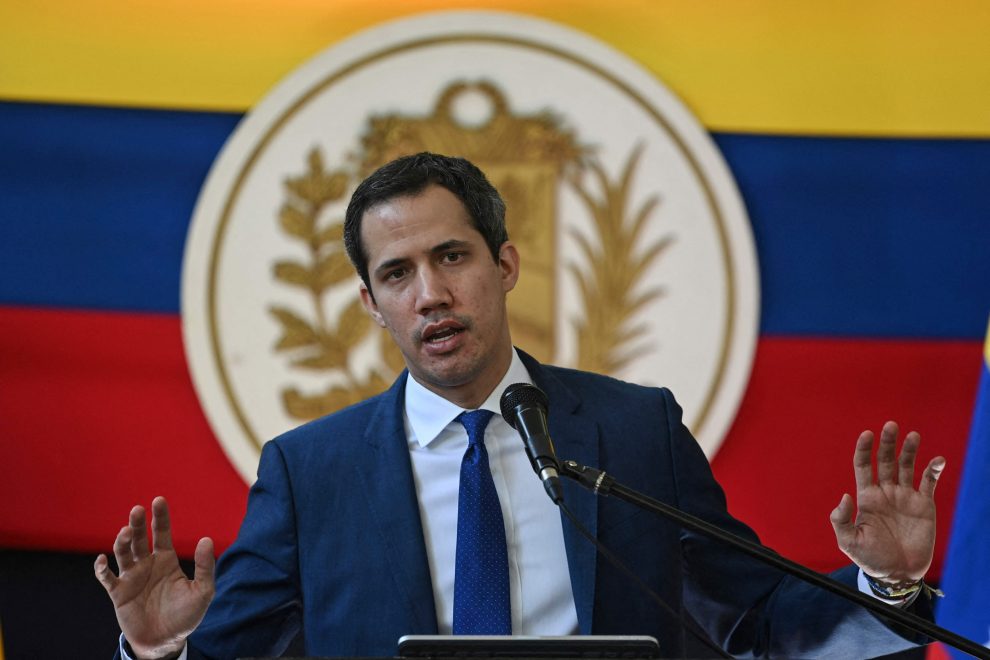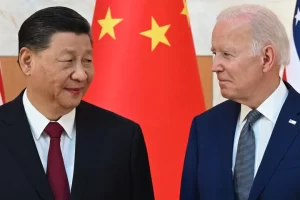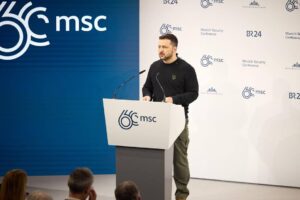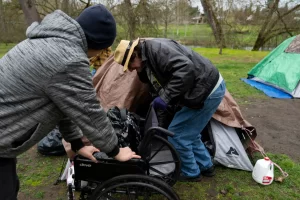The U.S. is following the lead of Venezuela’s opposition lawmakers and no longer considering Juan Guaidó as the country’s legitimate leader after the opposition-controlled National Assembly voted to dissolve the interim government, a senior U.S. State Department official confirmed to Axios on Wednesday.
Why it matters: Guaidó never truly held the levers of power in Caracas, and his support with the public and within the fractured opposition had been slipping for years. But U.S. policy and, crucially, the opposition’s claim to billions in Venezuelan assets overseas, were still based around the premise of Guaidó’s legitimacy.
Driving the news: Opposition lawmakers voted 72-29 on Friday to pull the plug on the “interim presidency,” four years after the Trump administration and dozens of other countries had backed Guaidó’s bid to displace Nicolás Maduro.
- Guaidó’s allies warned that the move would compromise the opposition’s international legitimacy and risk the overseas assets falling into Maduro’s hands.
- But others in the opposition noted that Guaidó’s government had failed to produce democratic elections and was never intended to be permanent.
Between the lines: The step put the U.S. in an awkward position. While the Biden administration has softened its approach to Maduro and promoted dialogue with the regime, it had continued to treat Guaidó as its primary interlocutor — even as governments in Europe and Latin America stopped recognizing him.
- After the vote, spokespeople for the White House and State Department declined to say directly whether the U.S. was dropping its recognition of Guaidó. Instead, they said the U.S. recognized the National Assembly elected in 2015, which Guaidó had led, as Venezuela’s “only remaining democratically elected institution.”
- However, the senior State Department official told Axios on Wednesday: “The 2015 National Assembly recognizes Guaidó as one of its members, not as Interim President, as the Interim Government no longer exists. So we’re following their lead.”
- “The National Assembly is currently in the midst of making internal decisions regarding its own leadership, so we’re going to wait and see how that plays out,” the official said.
- The U.S. will continue to communicate with Guaidó and other “likeminded” members of the opposition, the official added.
How it happened: Guaidó’s presidency became a “self-perpetuating thesis,” said Phil Gunson, an International Crisis Group analyst in Caracas.
- His mission to quickly replace Maduro had failed, he’d lost public confidence, and he lacked the support of three of the four major opposition factions — but his international backing and control of some government assets seemed to make him immovable, Gunson told Axios.
- Finally, though, opposition lawmakers decided to “chop off the afflicted limb” and accept the “painful” consequences, Gunson said, adding that it remains to be seen whether the dissolution of the interim government will have any bearing on court cases regarding gold reserves held in the U.K. or control of oil refiner Citgo.
What’s next: The National Assembly, which convenes over Zoom because much of the opposition is now in exile, is expected to select its new leadership this week.
- While Guaidó derived his claim to the presidency on the assembly leader’s place in the presidential line of succession, that model has now been scrapped.
- The opposition remains divided and appears unlikely to rally around one single figure in the near term. There may be no clear opposition leader until candidates are selected for the presidential elections planned for 2024.
What to watch: The talks between Maduro and representatives of the opposition are likely to continue, but Maduro has thus far “shown no willingness at any point to grant the kinds of concessions that might lead to free and fair elections,” Gunson says.
Source : Axios



